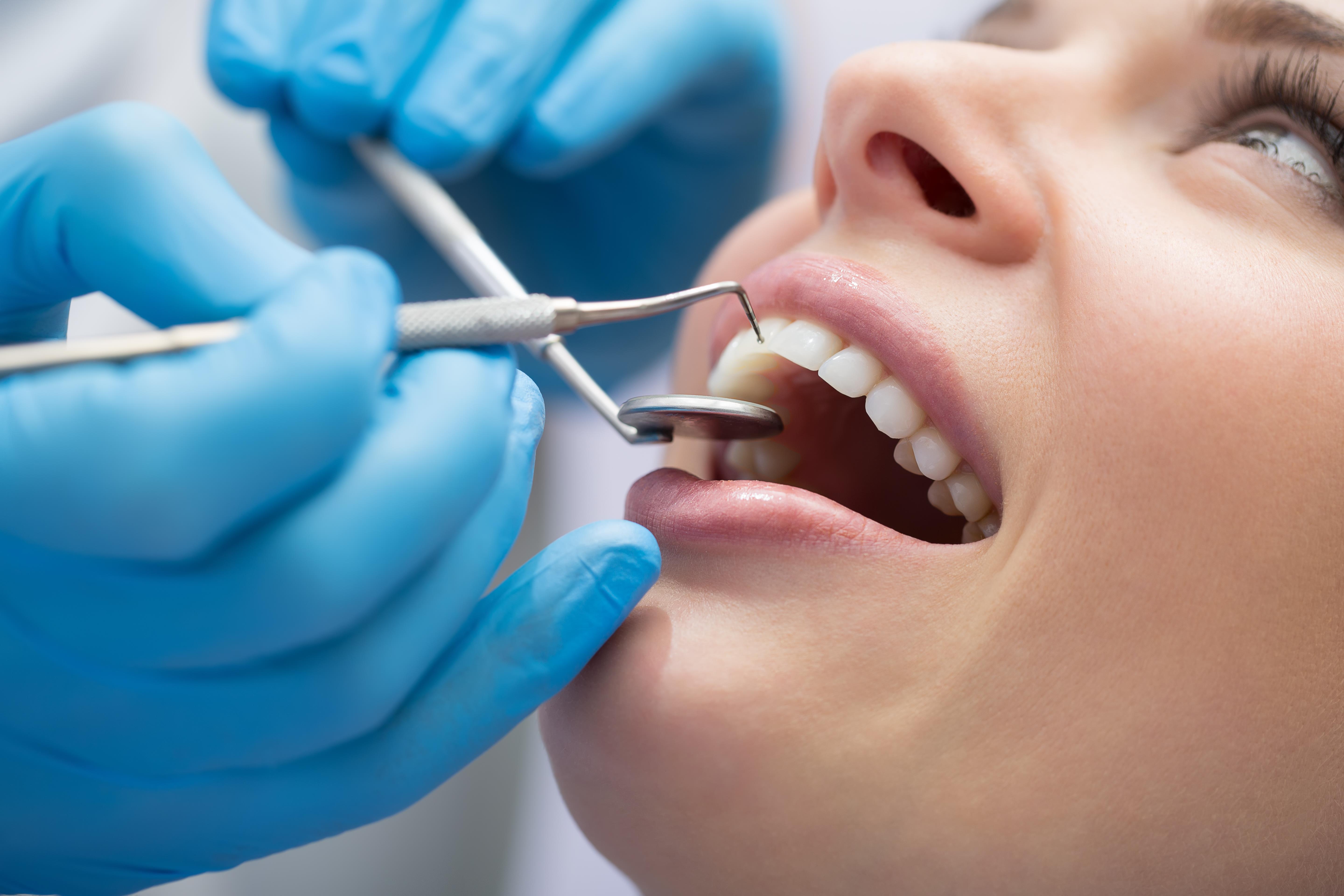Discover the Conveniences of Veneers for Your Desire Smile in Washington DC
Usual Inquiries About Oral Veneers Addressed
Dental veneers have actually become an increasingly in-demand alternative for those seeking to improve their smiles, yet several people continue to be unclear about various aspects of their use. Key inquiries frequently develop relating to the application process, durability, and possible risks connected with these cosmetic improvements. Additionally, the difference in between porcelain and composite veneers can dramatically influence one's option. As we explore these usual questions, it comes to be vital to consider not just the benefits yet additionally the effects of selecting oral veneers in quest of a much more certain appearance. What aspects should one consider prior to making such a choice?
What Are Dental Veneers?
Oral veneers are slim, tailor-made coverings crafted from porcelain or composite resin that are created to cover the front surface area of teeth. These oral prosthetics serve both visual and practical functions, giving an option for different oral blemishes, including staining, chips, spaces, and imbalance. By sticking to the teeth, veneers can substantially improve the total look of a smile, developing an extra appealing and consistent appearance.
Porcelain veneers are specifically preferred for their natural clarity and tarnish resistance, making them a suitable choice for people looking for resilient outcomes. On the other hand, composite material veneers are usually less costly and can be used in a single go to, however they might not supply the exact same longevity as porcelain options.
The decision to choose for oral veneers frequently originates from a need for aesthetic improvement, but clients must also consider elements such as the durability of the material, maintenance requirements, and the prospective need for tooth reduction (Low Cost Veneers). Ultimately, dental veneers stand for a versatile and effective service for attaining a radiant smile, dealing with private aesthetic demands while promoting confidence and self-esteem
How Are Veneers Applied?
The application process for veneers needs mindful preparation and accuracy to guarantee optimal results. The procedure generally starts with an extensive assessment, where the dentist reviews the individual's oral health, discusses wanted outcomes, and establishes the ideal kind of veneers, whether porcelain or composite material.
Once the treatment plan is developed, the dental professional prepares the teeth by getting rid of a thin layer of enamel, normally regarding 0.5 mm to 1 mm, to fit the veneer. This action is essential as it ensures a proper fit and avoids the veneers from showing up bulky - Low Cost Veneers. After prep work, impacts of the teeth are required to create custom-made veneers that match the individual's unique dental structure and visual preferences
While the irreversible veneers are being fabricated in a dental research laboratory, temporary veneers may be positioned to shield the ready teeth. When the irreversible veneers prepare, the dental expert will meticulously bond them to the teeth utilizing a solid dental adhesive. Final modifications are made to make certain correct alignment and attack, followed by brightening for an all-natural look. The process culminates in a follow-up visit to check the veneers' fit and the client's fulfillment with their brand-new smile.
What Are the Perks?

Additionally, veneers are recognized for their sturdiness and resistance to staining contrasted to natural teeth. Made from premium materials such as porcelain or composite resin, they can preserve their look for many years with proper treatment. This long life makes them a practical financial investment in one's oral appearance.
Along with visual improvements, veneers can also add to boosted dental health and wellness. By covering harmed or compromised teeth, they can give additional assistance and security, assisting to stop more degeneration or degeneration. This safety aspect can reduce the demand for more extensive oral treatments in the future.

How Much Time Do They Last?
With correct care and maintenance, dental veneers can last anywhere from 10 to 15 years, making them a long-lasting service for boosting one's smile. The durability of veneers largely depends upon the product made use of, the quality of the preliminary placement, and the patient's adherence to oral hygiene methods.
Porcelain veneers are understood for their toughness and resistance to staining, usually lasting closer to the 15-year mark when looked after suitably. Composite veneers, while much more affordable, may need replacement sooner, typically within 5 to ten years because of their vulnerability to use and discoloration.

In addition, putting on a mouthguard throughout sporting activities or nighttime can provide added security. Ultimately, while veneers offer a substantial aesthetic improvement, their long life is considerably affected by the commitment to correct dental care and normal examinations with an oral specialist.
Are There Any Risks?
Thinking about the transformative results of oral veneers, it's essential to acknowledge the potential risks related to their application. While veneers can improve the look of teeth, the treatment entails the removal of a thin layer of enamel, which can increase tooth level of sensitivity and susceptability to decay.
One considerable risk is the opportunity of inappropriate placement or fitting, leading to pain, bite imbalance, and even damage to the underlying tooth framework. In addition, if the veneers are not preserved properly, they can come to be stained or broken with time, requiring replacement.
Patients might likewise experience allergies to the products utilized in the veneers, specifically if they have level of sensitivities to particular dental compounds. Furthermore, while veneers are durable, they are not indestructible; too much force from clenching or grinding can cause fractures.
It is necessary for individuals to talk to a certified dental specialist to evaluate their private threats and to follow aftercare guidelines diligently. By understanding these threats, people can make educated choices regarding their dental veneer treatment and make certain the long life and success of their improvements.
Final Thought
In recap, dental veneers represent a beneficial cosmetic solution for boosting smiles, with considerations regarding their application, see this website benefits, durability, and associated threats. Their efficiency is influenced by aspects such as the option of material, with porcelain offering superior durability contrasted to composite choices. Proper treatment and maintenance are vital to make best use of the lifespan of veneers. Inevitably, educated decision-making relating to oral veneers can result in adequate aesthetic outcomes and enhanced dental health.
Oral veneers are thin, tailor-made shells crafted from porcelain or composite material that are made to cover the front surface of teeth. After prep work, impacts of the teeth are taken to produce customized veneers that match the person's distinct dental framework and visual choices.
While the long-term veneers are being produced in a dental lab, temporary veneers may be positioned to protect the prepared teeth. As soon as the long-term veneers are prepared, the dental practitioner will very carefully bond them to the teeth using a solid dental adhesive. Eventually, notified decision-making concerning oral veneers can lead to satisfactory visual results and boosted dental wellness.